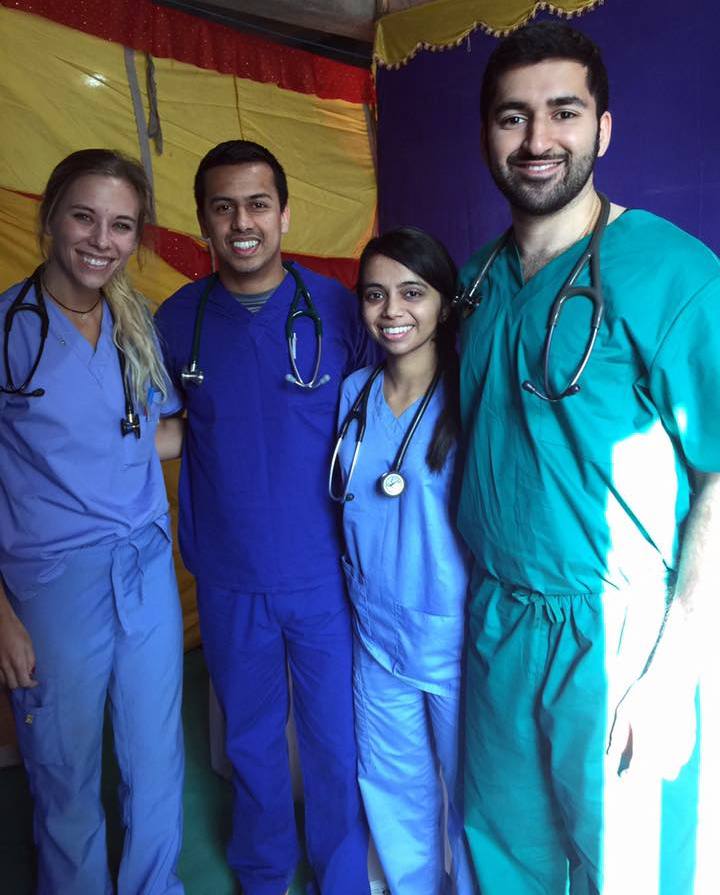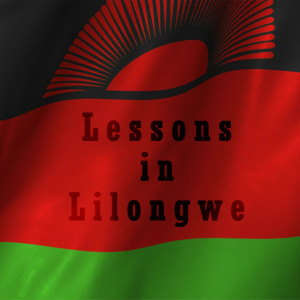Notes from the Plague: Searching for Heroes
Like most people, I watched the Ebola plague tear through Africa two years ago with a feeling of helpless horror. I saw the victims dying by the thousands on television, all eulogized by the same stark words: “No cure.” There seemed to be some unstoppable and malevolent force in the universe, seeking not only the destruction of human life, but hope itself.





